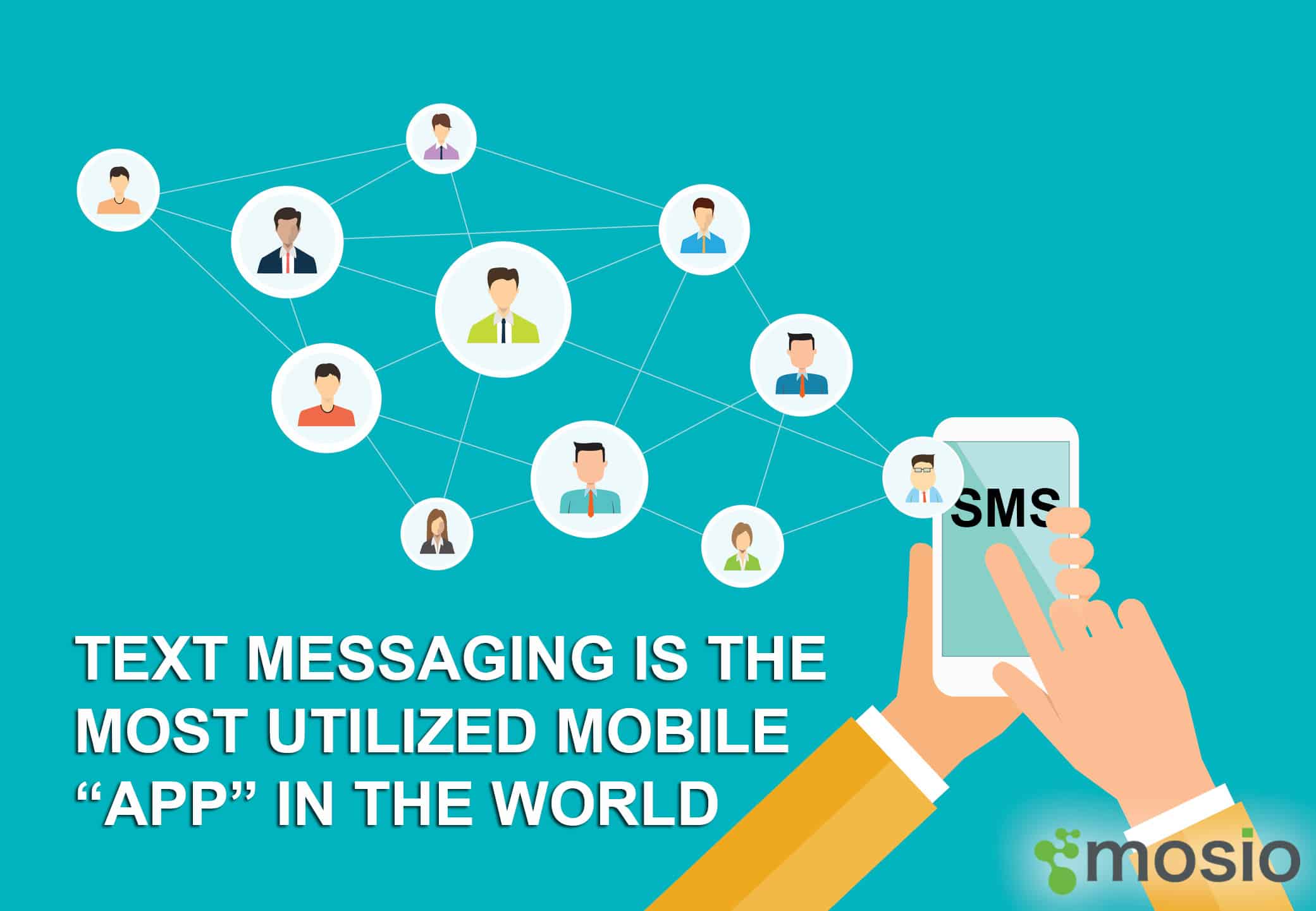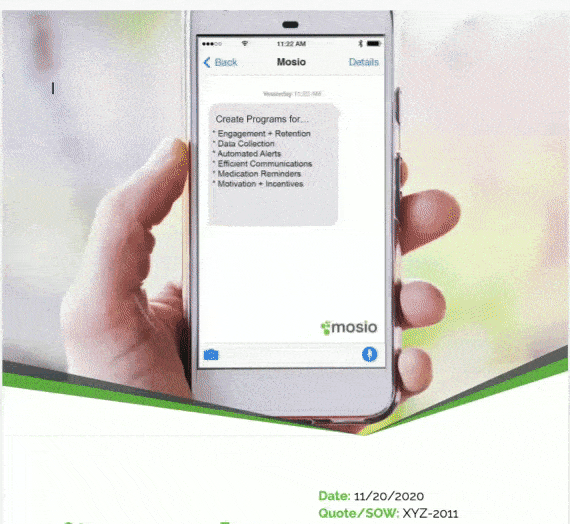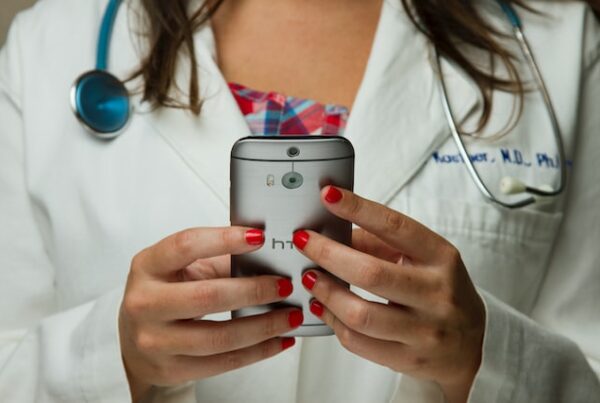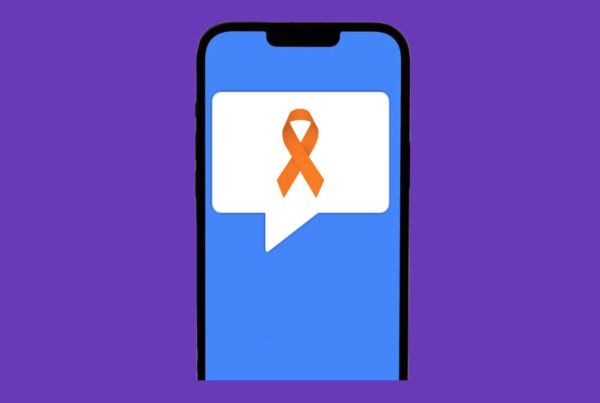Text messaging – The Medication and Pill Reminder App That Isn’t an App at All
Statistics and reports in pharmaceutical research show that patient non-adherence to clinical trial protocol has extremely negative effects on both clinical AND financial trial outcomes…You can run the most organized trial with the most experienced, top-tier staff, but if your patient compliance is not on point, outcomes will still suffer. Innovative clinical trial leaders realize that seeking creative, technology-based solutions can aid in maximizing clinical trial outcomes. Successful studies depend on your patients taking the correct dose of the correct medication at the correct time. Using a medication reminder app (aka pill reminder app) is one such solution that assists your patients in study compliance.
These are our two most important takeaways regarding medication reminders:
1. Medication reminders DO increase patient compliance.
2. Medication reminders DON’T need to rely on a downloaded app to work.
So how do we use medication reminders to increase compliance? Many medication reminder apps work like “alarms” that sound or display when it’s time to dose. Text-based medication reminders build on this basic premise, giving clinical trial staff the ability to communicate with automated, customized SMS messaging. Responding to an actual staff member who will review compliance adds a layer of responsibility that alarm-style medication administration apps do not have. Are patients more likely to feel engaged with an app that sends them a reminder, or a text from a clinical trial staff member?
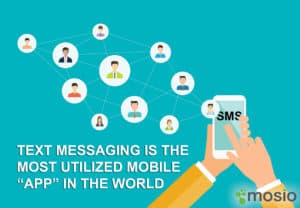
“As messaging becomes even more central in people’s lives, demand for service in messaging will rise. Messaging has some distinct advantages that should also make it a boon for customer experience,” offered senior Forrester analyst Ian Jacobs in the June report Plan Now for Customer Service in 2021.
A text-based medication reminder offers a high level of customization to create an engaging experience for each study:
- Ask for a response from patients to confirm medication or device compliance, such as Y or N (yes or no.) Single characters are often the most efficient way for patients to respond.
- Patients can text back their own free response, including confirmation of pharmaceutical drug name, dosage, and time taken.
- Text-based software is also compatible with picture messaging if visual medication confirmation is needed.
- Automated text “nudges” or gentle reminders to take a medication can be sent if initial text was not confirmed within a specified time frame.
Why you don’t have to (and shouldn’t) rely on an app to utilize medication reminders.
Text-message based medication reminders do everything a medication reminder app/pill reminder app can do…Except in a more engaging, inclusive manner. Although the trend towards smartphone utilization is increasing among all age demographics, we know that slightly less than half of adults aged 55 and up do NOT own a smartphone. This doesn’t mean that the older demographics aren’t texting…Quite the opposite is true. Many patients who fall into this category utilize more basic mobile devices with SMS capabilities. Since 95% of Americans own a mobile phone with SMS, using text messaging for medication reminders remains the best way to reach the most patients in your study. Our goal is to reach as many patients as possible, in the most efficient and patient/staff-friendly manner as possible.
SMS-based medication reminders.
- Remove the need to teach your study patient how to download/utilize an application. They already know how to send text messages.
- Utilize a device that patients often have within arm’s reach nearly 24/7. 90% of text messages are read by the intended recipient within 3 minutes.
Notes About Text Messaging in the COVID-19 Pandemic.
In the current pandemic, the role of text messaging has become even more vital in providing medication reminders for clinical trials and allowing public health organizations and agencies to monitor the symptoms and spread of COVID-19. TheCenters for Disease Prevention and Control (CDC) has already implemented its own text messaging system to assist agencies during this difficult time. This illustrates the importance of text messaging as a method for communicating with subjects in clinical trials now and after the pandemic has been brought under control.
Texting Preferred Among Patients.
In September 2020,Modern Healthcare published some highlights from research conducted by SR Health by Solutionreach. The study indicated that patients have made a significant shift in their communication preferences during the COVID-19 outbreak. Interest in receiving phone calls from healthcare providers dropped by about 14 percent. At the same time, patients are expressing much more interest in text messaging as an alternative to phone calls. Texts are convenient and offer greater flexibility in timing for participants in clinical trials.
Increased Access for Senior Participants.
A study conducted by theAARP and released in 2018 indicates that more than 90 percent of adults aged 50 and older use smartphones and other items of personal technology to communicate with loved ones or to access healthcare information. AARP also found that text messaging is much preferred over emails by the over-50 set. For older adults who are participating in clinical trials, text messaging can boost adherence to medication regimens and can improve communications with these subjects.
Clinical Trials Continue in the Pandemic.
A recent article in theJournal of Precision Medicine offers insights into the impact of COVID-19 on the current and future methods for conducting clinical trials. Tools like Mosio’s text messaging system will likely continue to be the gold standard for communicating with test subjects efficiently. The article concludes by stating, “For everyone’s benefit, clinical trials need to continue to run without compromising patient safety.” Mosio’s array of text messaging options is one of the best ways to manage these tasks in the modern medical environment.
Learn more about boosting adherence with medication reminders.
If you are interested in learning more, watch this video to see how Mosio can help you boost adherence with medication reminders and other tools designed to save your research team time and effort. At Mosio, we are building the future of modern research.
Text-based medication reminders offer an attractive solution for increasing overall study compliance. Pharmaceutical research has shown us that the cost of non-compliance is steep. When it comes to using apps for medication reminders, text messaging might just be the best “app” you have at your disposal. Looking for a “mobile app” to remind patients to take their medicine? You don’t need one, they already have an app on their phone called “text messaging” and most patients use it every day to communicate with friends and family. To learn more about how text messaging can improve medication adherence in your clinical trials, using the device and mobile channel your patients are already using, you can check out our capabilities or contact us today for a quote.


